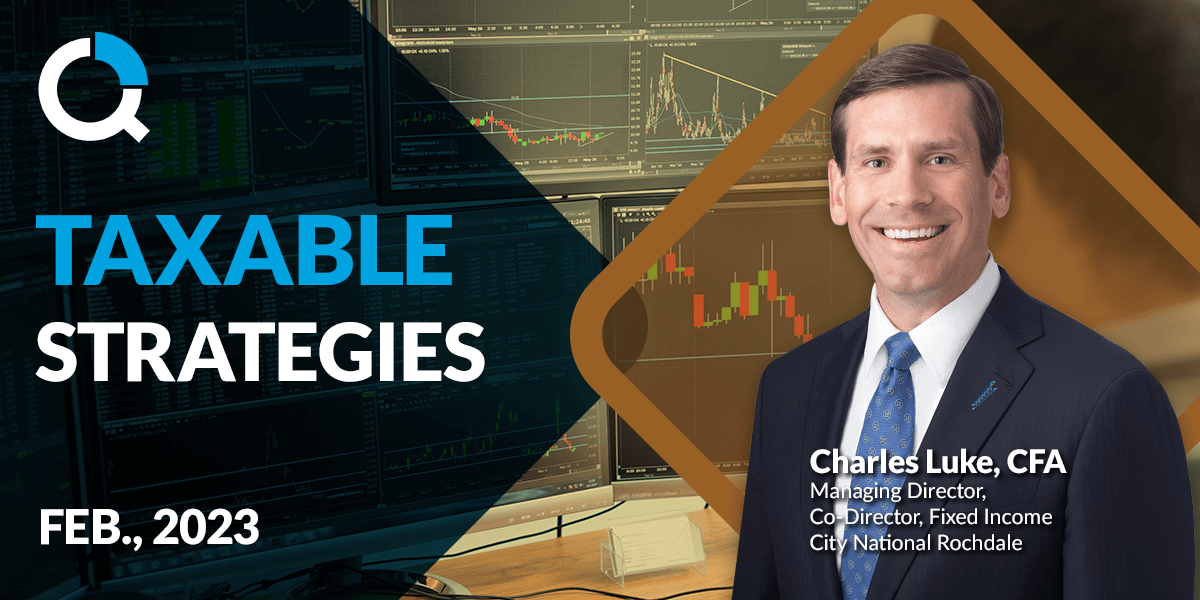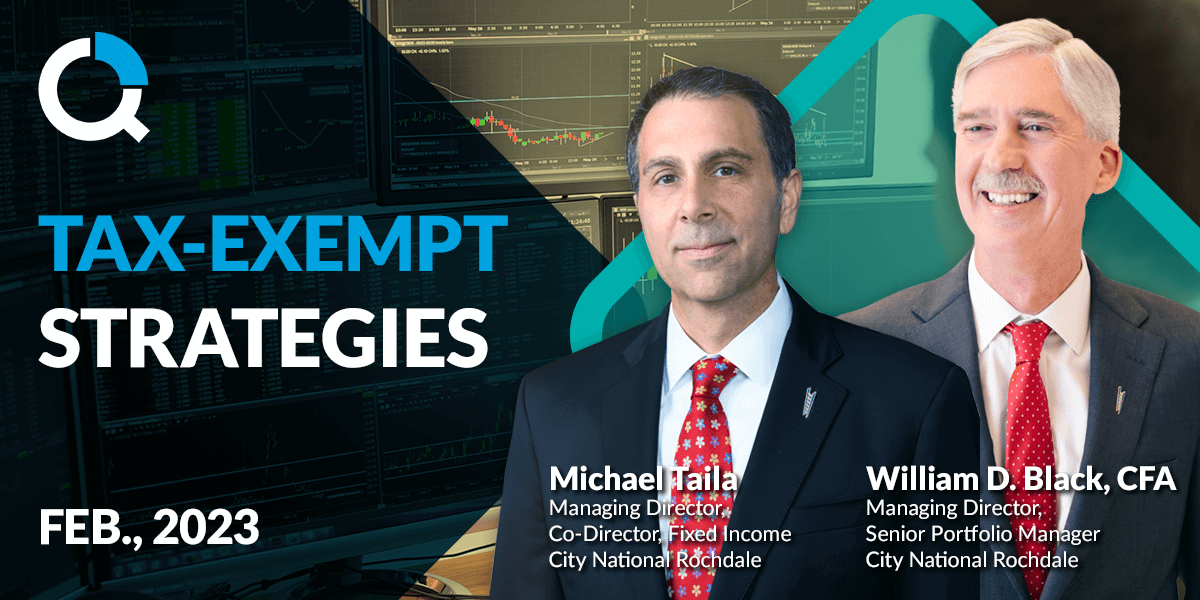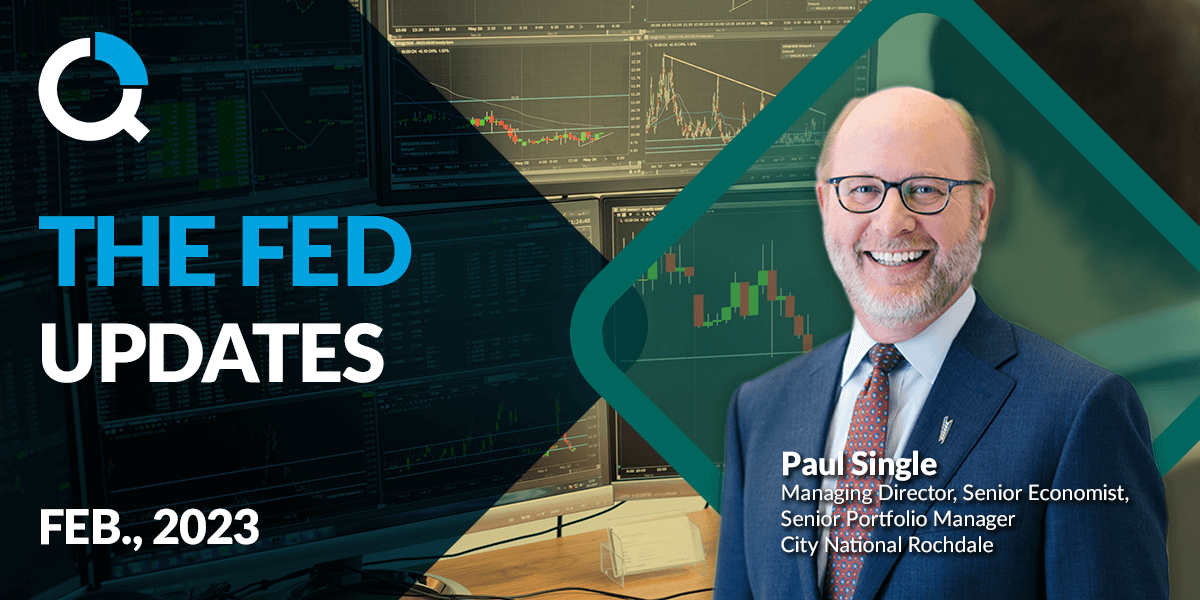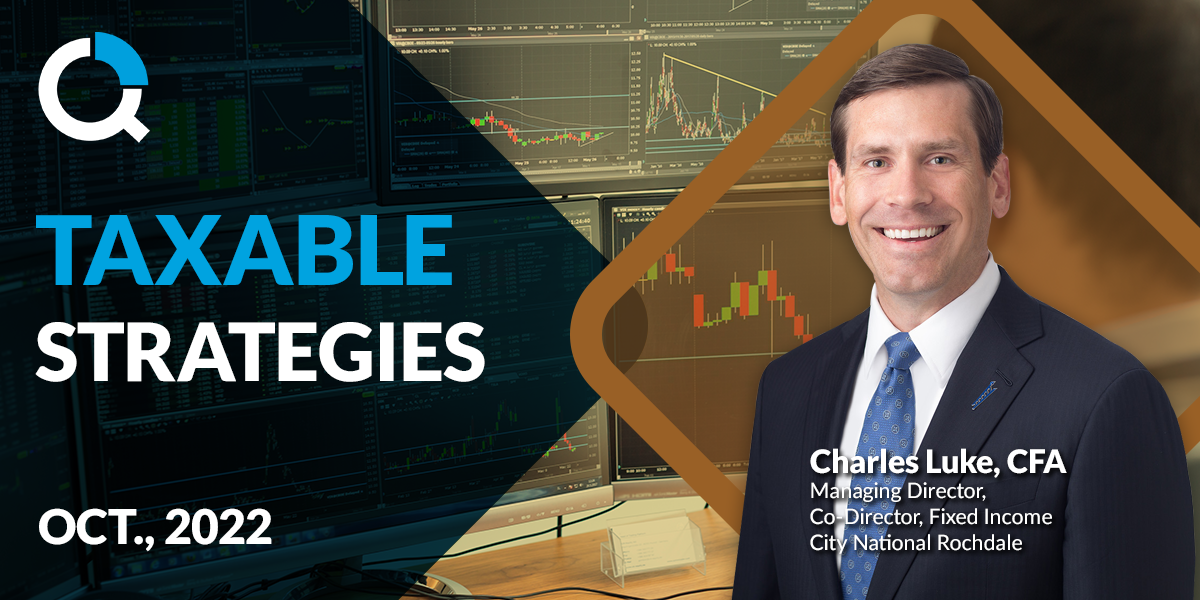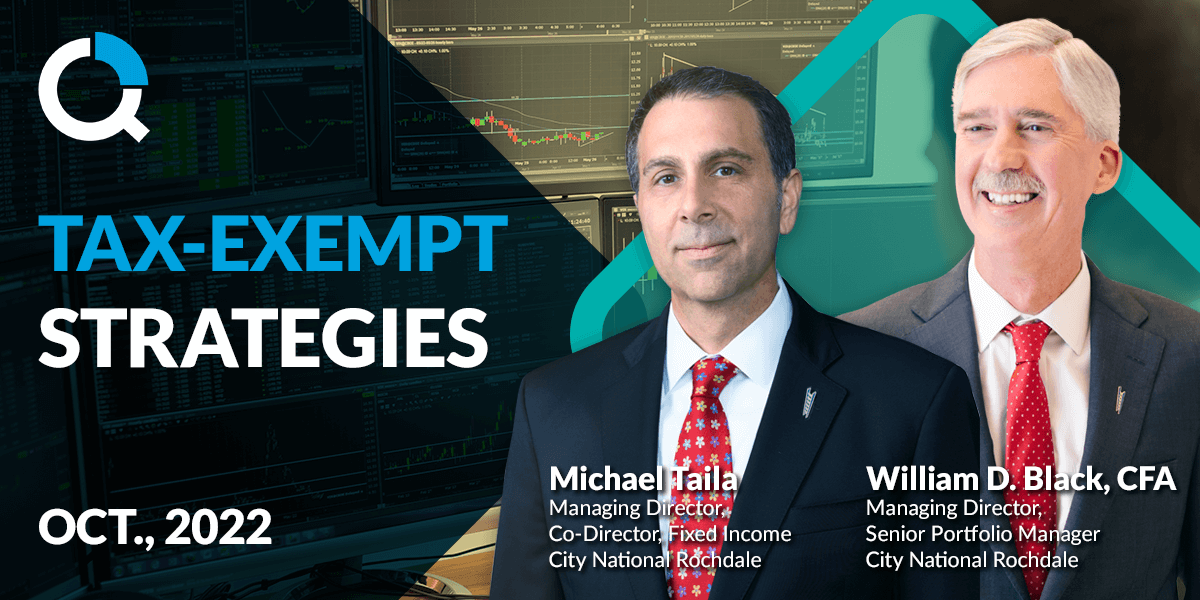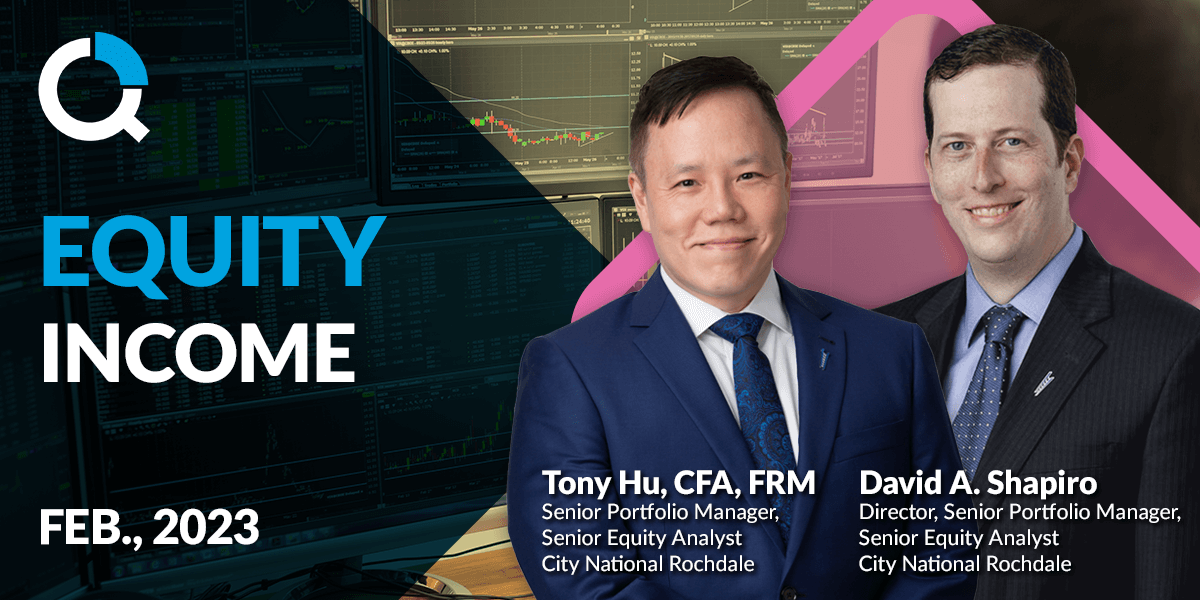
Core Equity:
Secular Themes –More Than Meets the Eye
Key Points
- Digital revolution remains a key secular theme.
- Focus includes non-tech specific industry beneficiaries of digital revolution.
For over a decade, we have used a thematic investing approach based on our belief that wealth creation is best achieved by focusing on secular themes — mega trends, if you will — that have the potential to grow at a faster pace than the economy. We then seek to identify companies selling at reasonable valuations that are best positioned to capitalize on these trends, and we seek to hold these stocks for many years. One of those key themes has been the digital revolution. At first glance, our flagship Core Equity strategy has been modestly underweight in the technology sector compared to the S&P 500, which might give one the impression that we do not like tech stocks, when just the opposite is true.
In line with our digital revolution theme, software and services remain our favorite industry group. Companies in this industry provide key enabling technology for corporations and consumers, such as ecommerce, cloud computing and digital payments, and we expect artificial intelligence will serve as application enhancers for the companies that have the financial resources, scale and breadth to invest for the long term. As these companies invest to gain a competitive advantage, the demand for advanced semiconductors should also be robust over the next several years. During the course of 2023, we broadened our exposure to companies best positioned, in our view, to capitalize on this trend.
There are ways to capitalize on digital revolution trends in non-tech-specific industries as well, through what we call derivative plays. For instance, when major software and service companies increase their spending, it leads to a higher demand for advanced graphics processing unit (GPU) chips. This, in turn, increases the demand for semiconductor plants, which leads to an increased demand for air purification systems sold by industrial companies. The energy consumed by these air purification systems to build the chips adds to the demand for electricity by data center providers, which could be classified in the REIT sector, creating opportunities for industrial companies that can upgrade the power grid. We deploy this process of portfolio construction to add digital revolution exposure, not only in our flagship Core Equity Strategy but also in our Aggressive Core Equity strategy, where we own additional companies that, we believe, have more aggressive growth outlooks.
Chart 1: Index vs. Strategy Weights
FactSet, as of December 29, 2023.
Information is subject to change and is not a guarantee of future results. Indices are unmanaged, and one cannot invest directly in an index.
Important Information
The views expressed represent the opinions of City National Rochdale, LLC (CNR) which are subject to change and are not intended as a forecast or guarantee of future results. Stated information is provided for informational purposes only, and should not be perceived as personalized investment, financial, legal or tax advice or a recommendation for any security. It is derived from proprietary and non-proprietary sources which have not been independently verified for accuracy or completeness. While CNR believes the information to be accurate and reliable, we do not claim or have responsibility for its completeness, accuracy, or reliability. Statements of future expectations,estimates, projections, and other forward-looking statements are based on available information and management’s view as of the time of these statements. Accordingly, such statements are inherently speculative as they are based on assumptions which may involve known and unknown risks and uncertainties. Actual results, performance or events may differ materially from those expressed or implied in such statements.
All investing is subject to risk, including the possible loss of the money you invest. As with any investment strategy, there is no guarantee that investment objectives will be met, and investors may lose money. Diversification may not protect against market risk or loss. Past performance is no guarantee of future performance.
There are inherent risks with equity investing. These risks include, but are not limited to stock market, manager, or investment style. Stock markets tend to move in cycles, with periods of rising prices and periods of falling prices.
There are inherent risks with fixed income investing. These risks may include interest rate, call, credit, market, inflation, government policy, liquidity, or junkbond. When interest rates rise, bond prices fall.
Bloomberg risk is the weighted average risk of total volatilities for all portfolio holdings. Total Volatility per holding in Bloomberg is ex-ante (predicted) volatility that is based on the Bloomberg factor model.
Municipal securities. The yields and market values of municipal securities may be more affected by changes in tax rates and policies than similar income-bearing taxable securities. Certain investors’ incomes may be subject to the Federal Alternative Minimum Tax (AMT), and taxable gains are also possible. Investments in the municipal securities of a particular state or territory may be subject to the risk that changes in the economic conditions of that state or territory will negatively impact performance. These events may include severe financial difficulties and continued budget deficits, economic or political policy changes, tax base erosion, state constitutional limits on tax increases and changes in the credit ratings.
Index Definitions
The MSCI EAFE (Europe, Australasia, Far East) Index is a free float-adjusted market capitalization weighted index that is designed to measure developed equity market results, excluding the US and Canada.
The MSCI Emerging Markets Index is a free float-adjusted market capitalization weighted index that is designed to measure equity market results in the global emerging markets, consisting of more than 20 emerging market country indexes.
S&P 500 Index: The S&P 500 Index, or Standard & Poor’s 500 Index, is a market-capitalization-weighted index of 500 leading publicly traded companies in the US It is not an exact list of the top 500 US companies by market cap because there are other criteria that the index includes.
Bloomberg Barclays US Aggregate Bond Index (LBUSTRUU): The Bloomberg Aggregate Bond Index or “the Agg” is a broad-based fixed-income index used by bond traders and the managers of mutual funds and exchange-traded funds (ETFs) as a benchmark to measure their relative performance.
GT10: US Government Treasury Yield
Bloomberg Municipal Bond Index: The Bloomberg US Municipal Bond Index measures the performance of investment grade, US dollar-denominated, long-term tax-exempt bonds.
Bloomberg Municipal High Yield Bond Index: The Bloomberg Municipal High Yield Bond Index measures the performance of non-investment grade, US dollar-denominated, and non-rated, tax-exempt bonds.
S&P Leveraged Loan Indexes (S&P LL indexes) are capitalization-weighted syndicated loan indexes based upon market weightings, spreads and interest payments. The S&P/LSTA Leveraged Loan 100 Index (LL100) dates back to 2002 and is a daily tradable index for the US market that seeks to mirror the market-weighted performance of the largest institutional leveraged loans, as determined by criteria. Its ticker on Bloomberg is SPBDLLB.
Bloomberg US Corporate Bond Index: The Bloomberg Barclays US Corporate Bond Index measures the investment grade, fixed-rate, taxable corporate bond market. It includes USD-denominated securities publicly issued by US and non-US industrial, utility and financial issuers.
Bloomberg US High Yield Index: The Bloomberg US Corporate High Yield Index measures the performance of non-investment grade, US dollar-denominated, fixed-rate, taxable corporate bonds.
Bloomberg: LF98TRUU Index: The Bloomberg US Corporate High Yield Bond Index measures the USD-denominated, high yield, fixed-rate corporate bond market. Securities are classified as high yield if the middle rating of Moody’s, Fitch and S&P is Ba1/BB+/BB+ or below. Bonds from issuers with an emerging markets country of risk, based on Bloomberg EM country definition, are excluded. This is the total return index level.
Morningstar SPBDLLY Index: Yield to maturity time series of the Morningstar LSTA US Leveraged Loan 100 Index. The Morningstar LSTA US Leveraged Loan Index is a market-value weighted index designed to measure the performance of the US leveraged loan market.
Bloomberg Investment Grade Index: The Bloomberg US Investment Grade Corporate Bond Index measures the performance of investment grade, corporate, fixed-rate bonds with maturities of one year or more.
Bloomberg Municipal Bond Index: measures the performance of investment grade, US dollar denominated, long term tax exempt bonds.
Bloomberg US Treasury Index: includes all publicly issued, U.S. Treasury securities that are rated investment grade, and have $250 million or more of outstanding face value.
Investment Grade (IG) Municipal Bond Index: The Bloomberg US Municipal Bond Index measures the performance of investment grade, US dollar-denominated, long-term tax-exempt bonds.
High Yield (HY) Municipal Bond Index: The Bloomberg Municipal High Yield Bond Index measures the performance of non-investment grade, US dollar-denominated, and non-rated, tax-exempt bonds.
Definitions
Yield to Worst (YTW) is the lower of the yield to maturity or the yield to call. It is essentially the lowest potential rate of return for a bond, excluding delinquency or default.
P/E Ratio: The price-to-earnings ratio (P/E ratio) is the ratio for valuing a company that measures its current share price relative to its earnings per share (EPS).
City National Rochdale Proprietary Quality Ranking formula: 40% Dupont Quality (return on equity adjusted by debt levels), 15% Earnings Stability (volatility of earnings), 15% Revenue Stability (volatility of revenue), 15% Cash Earnings Quality (cash flow vs. net income of company) 15% Balance Sheet Quality (fundamental strength of balance sheet).
*Source: City National Rochdale proprietary ranking system utilizing MSCI and FactSet data. **Rank is a percentile ranking approach whereby 100 is the highest possible score and 1 is the lowest. The City National Rochdale Core compares the weighted average holdings of the strategy to the companies in the S&P 500 on a sector basis. As of September 30, 2022. City National Rochdale proprietary ranking system utilizing MSCI and FactSet data.
Non-deposit investment Products are: • not FDIC insured • not Bank guaranteed • may lose value
Stay Informed.
Get our Insights delivered straight to your inbox.
More from the Quarterly Update
Put our insights to work for you.
If you have a client with more than $1 million in investable assets and want to find out about the benefits of our intelligently personalized portfolio management, speak with an investment consultant near you today.
If you’re a high-net-worth client who's interested in adding an experienced investment manager to your financial team, learn more about working with us here.

